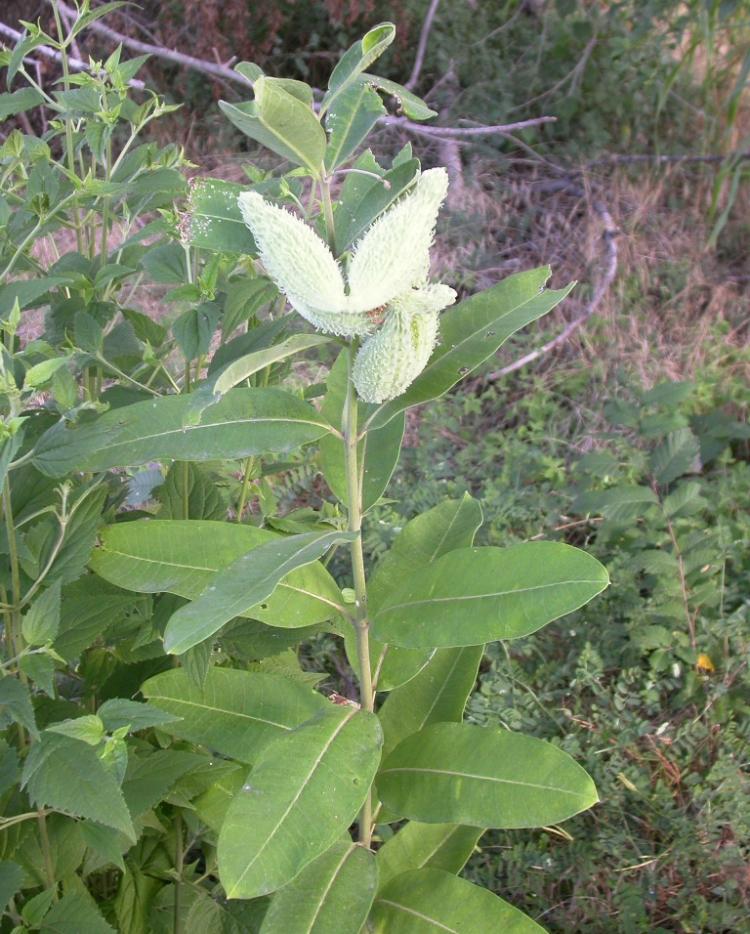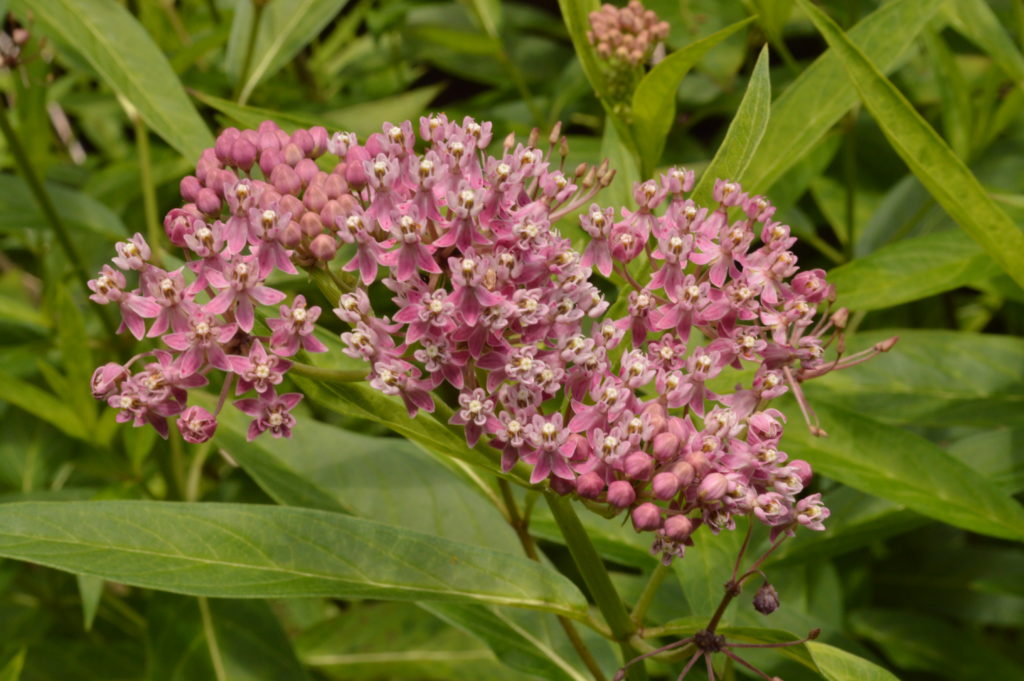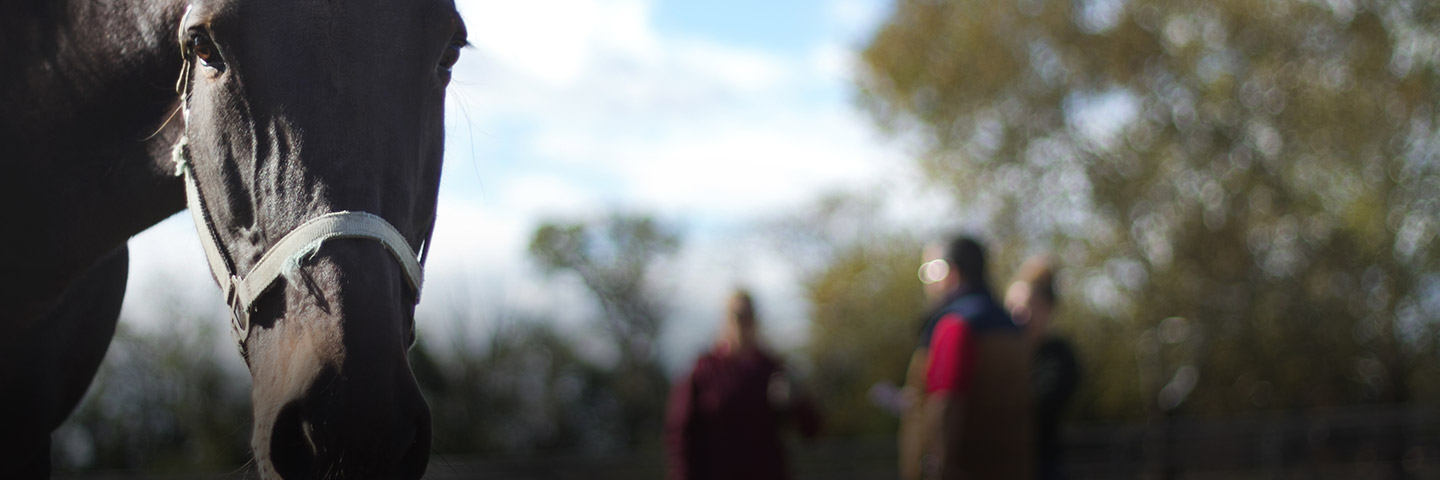Hay Everyone!
My friends here at the Equine Science Center reported some disturbing news recently. There are reports of milkweed appearing in hay. At first glance I didn’t think this was a problem. I mean aren’t we supposed to plant milkweed for the Monarch Butterflies? I decided to do some sleuthing and see what I could uncover about milkweed and horses.
First things first, I did find out milkweed is necessary for Monarch Butterflies. These beautiful insects require milkweed plants to complete their lifecycle. The caterpillars can only feed on milkweed plants, thus, making milkweed more common as people plant this flower for the butterflies. The downside of this practice of planting milkweed is the possibility for encroachment into livestock pastures and hayfields.
Digging through material provided by the Cooperative Extension Systems in several states I was able to uncover some fascinating information on milkweed and livestock. The presence of milkweed in a pasture or hayfield can spell trouble for the animals consuming the plants and even death (eek!). Most of the time horses and other livestock won’t eat the green milkweed plants found in a pasture. Milkweed has a distinctive bitter taste that makes it unpalatable (yuck, I won’t be eating any of it). If pastures are overgrazed, horses are more likely to consume the plant in an attempt to satisfy their hunger. Overgrazing also encourages the growth of weeds in general as the horses eat down the grass and leave space for weeds to take over. To prevent milkweed from growing in your pasture, you’ll want to put best management practices for pasture health into place. If you find milkweed in your pasture, you can dig it up or spray it with an herbicide to remove it. Milkweed is reported to be very resistant to mowing, so this practice is ineffective in controlling it.

Milkweed in hay is often more of a concern as horses are less likely to sort around the milkweed and avoid eating it. Milkweed is toxic to horses and other livestock in its fresh or green and dried states. Consuming even as little as 0.1%-0.5% bodyweight of the fresh plant can be toxic to a horse. To prevent your horse from consuming milkweed in its hay, you’ll want to make sure you buy your hay from a reputable producer and inspect each batch of hay. Control measures for milkweed in hayfields are the same as for pasture.
So, if your horse does somehow manage to eat some milkweed what are the signs? There are actually two different toxins which can be present in milkweed. One is a neurotoxin and the other is a cardiac glycoside. They produce symptoms of colic, depression, lethargy, irregular heartbeat, dilated pupils, weakness, incoordination, convulsions, and death. Death can occur in 24-72 hours, so calling your veterinarian as soon as symptoms are noticed is a must! Your veterinarian may be able to slow the absorption of the toxins and provide supportive care for your horse.

Knowing how to recognize the symptoms of milkweed toxicity is important, but being able to recognize the plant itself is just as important. I made sure to take a good long look at the photos and description, so I don’t accidently eat some milkweed. I certainly don’t want to experience any of those scary sounding symptoms! There are several species of milkweed including broad and narrow-leaved. The most distinctive feature of the milkweed plants is the milky white sap that the plant leaks if broken or cut. The flower has a distinctive shape like that seen in the photograph and the seeds have silky tufts attached. I certainly learned a few new things about milkweed on my sleuthing journey. Use this information to keep your horse safe from milkweed! I know I will be diligently inspecting my hay and pasture from now on. It would be a disaster if I were to get sick! No one can write a blog as well as I can and I would hate for you to miss out on the next exciting post!
Until next time!
Your Friend,

Lord Nelson


Comments (6)
Bonnie
May 03, 2021
Lord Nelson
Jun 01, 2021
Tayloe Compton Moye
Apr 30, 2022
Lord Nelson
Jul 14, 2022
Sara Ackermann
May 30, 2021
Lord Nelson
Jan 12, 2022